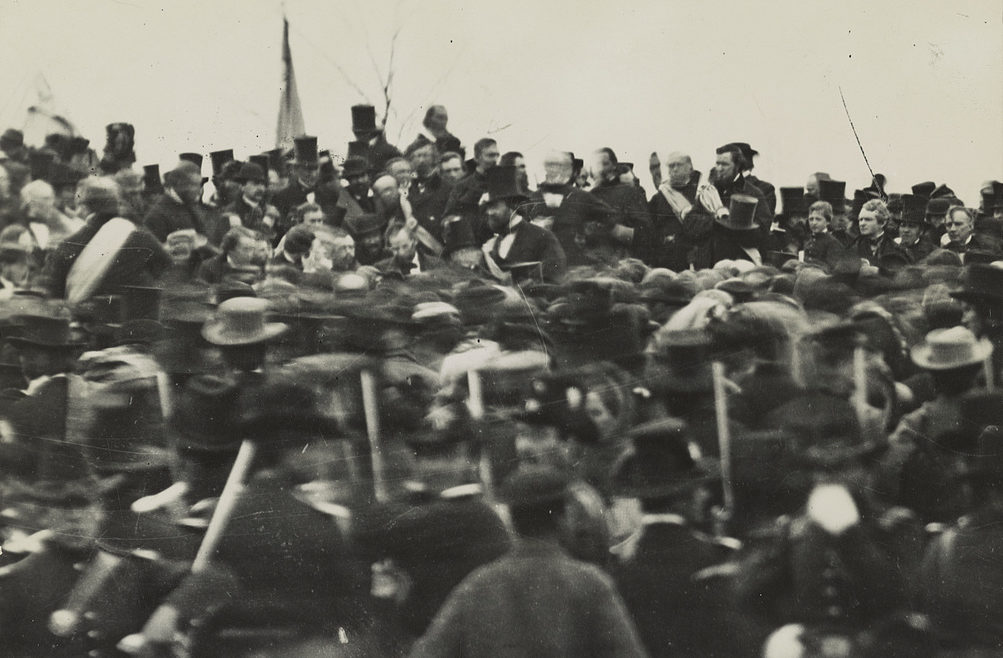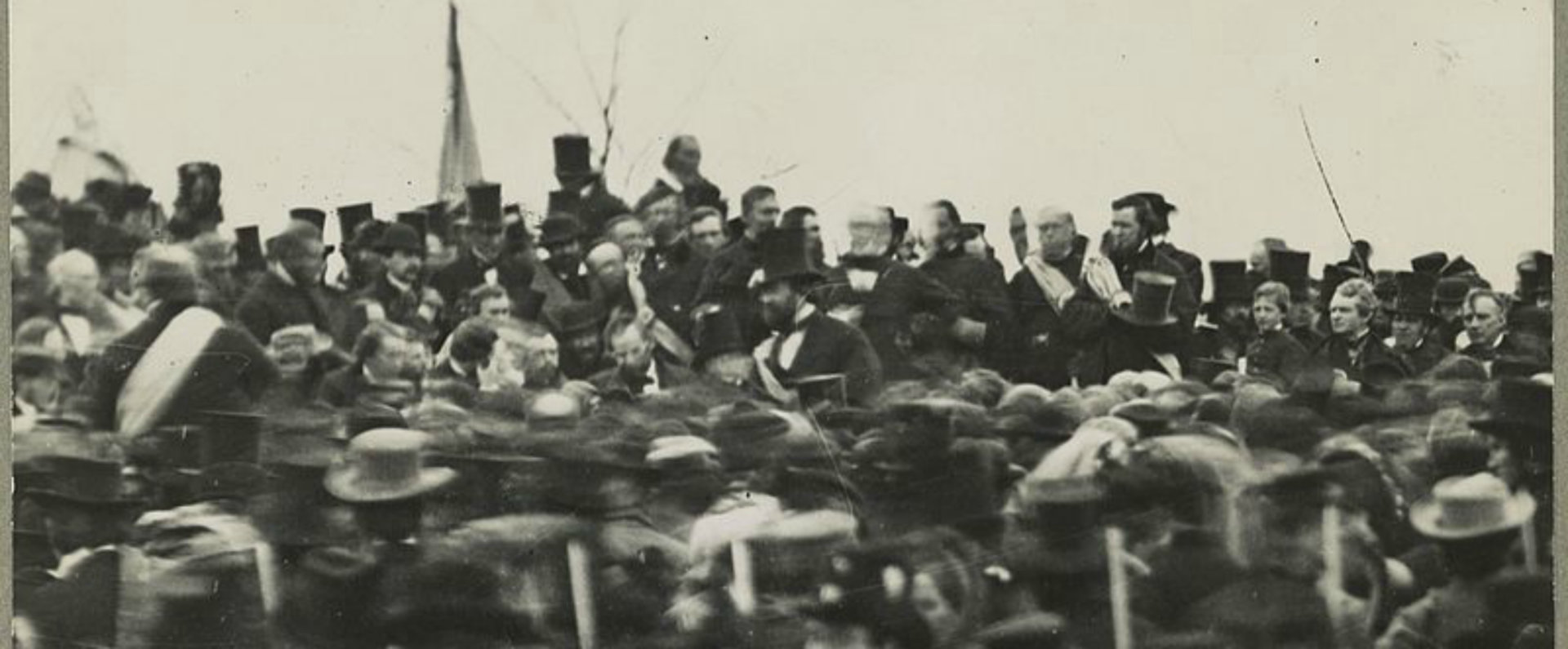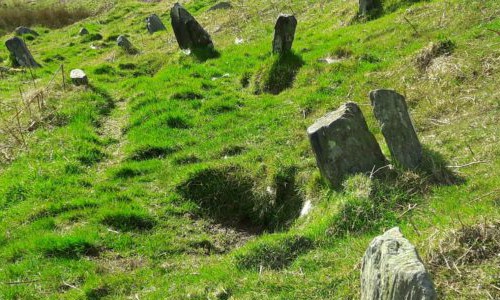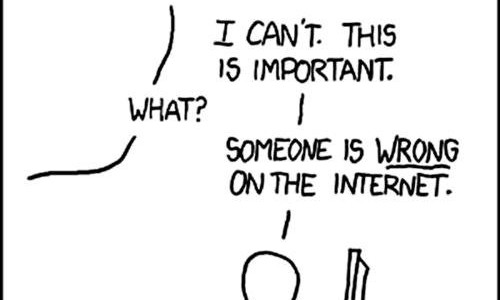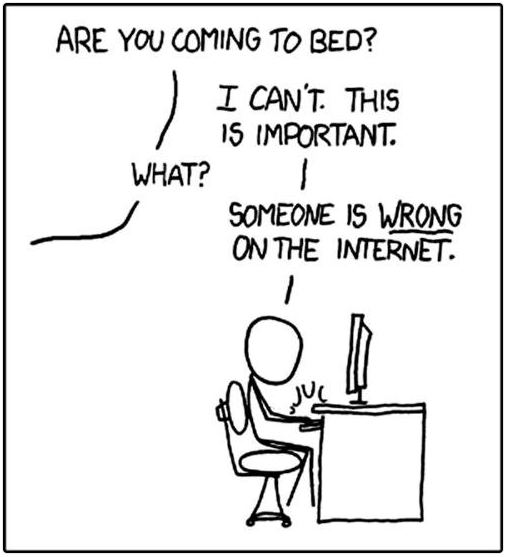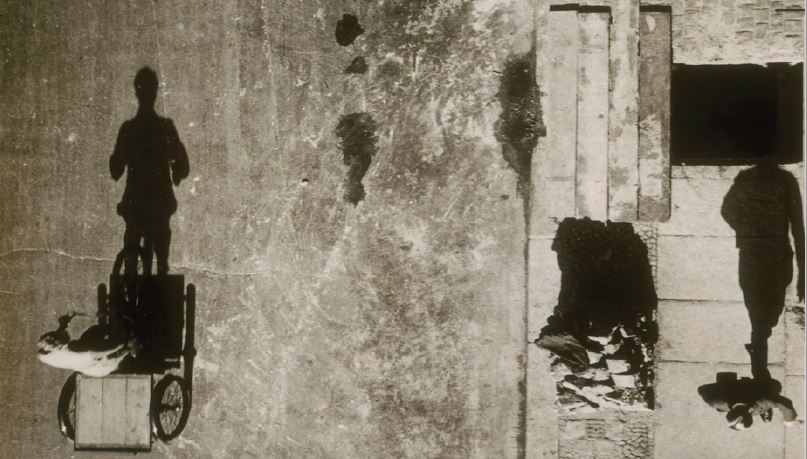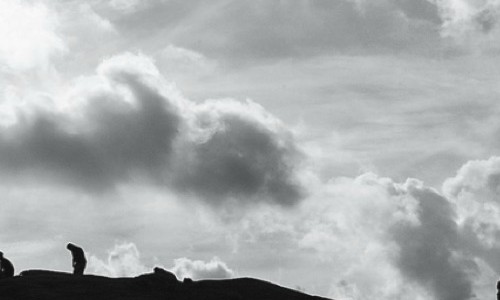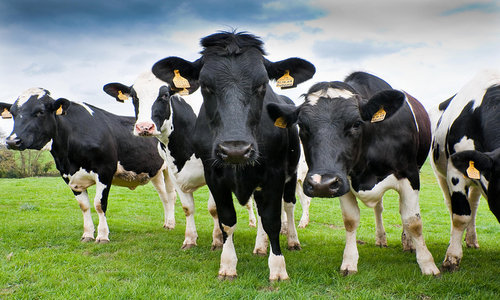God and the Science of Emotion, or A Spinozist Answer to the Question: “Why Did the Affective Turn Take Place?”
November 29, 2018 at 4 p.m.
Robertson Gymnasium 1000A
Recent decades have witnessed an upsurge of interest in emotional phenomena. But while the emotions themselves have been extensively studied, the very fact that there has been such a tremendous increase of interest in them remains underexplored and the explanations that have nonetheless been given to account for it are, as a rule, partial, circumstantial, circular or other unsatisfactory. Here I propose an alternative explanation to this second-order phenomenon based on Spinoza’s metaphysics, in the framework of which finitude is regarded not as a monolithic term, as is customary, but as a matter of degree, and the emotions are conceived as secondary affections of God, i.e., particularly finite beings. The growing fascination with the emotions is accordingly explicable in terms of a growing fascination with the finite, a process that accounts for the historical emergence of the sciences as it leads from theology, through physics and chemistry, as well as the life, human, and social sciences, to, most recently, the science of emotion, the science of the infinitely small.
Avraham Rot is a junior fellow at the Maimonides Centre for Advanced Studies in Hamburg. He has a PhD in intellectual history from Johns Hopkins University, and has been a junior visiting fellow at the Institute for Human Sciences in Vienna and a postdoctoral fellow at Johns Hopkins University and at the Freie Universität Berlin. He currently teaches philosophy and intellectual history at Johns Hopkins University and George Washington University.

